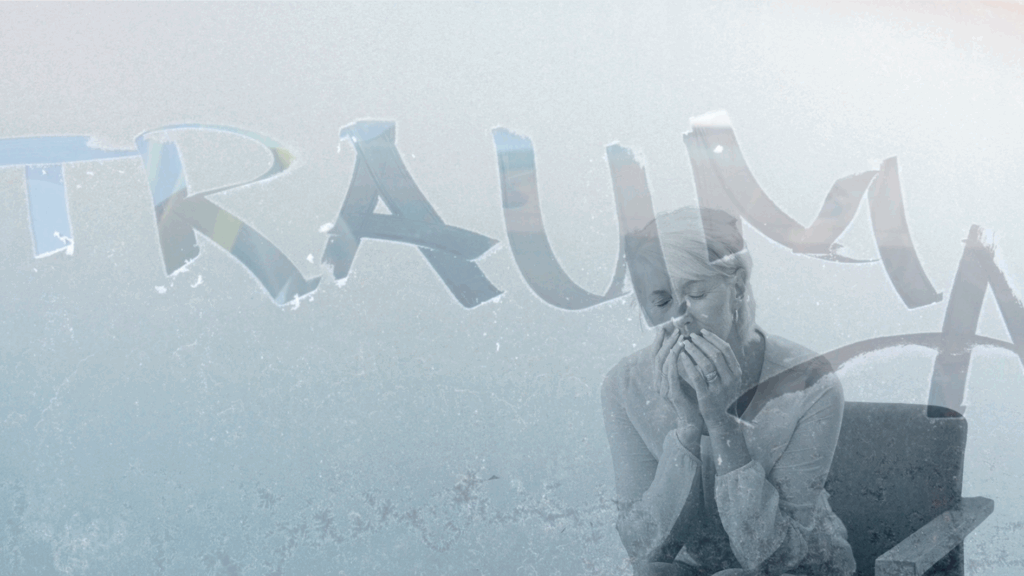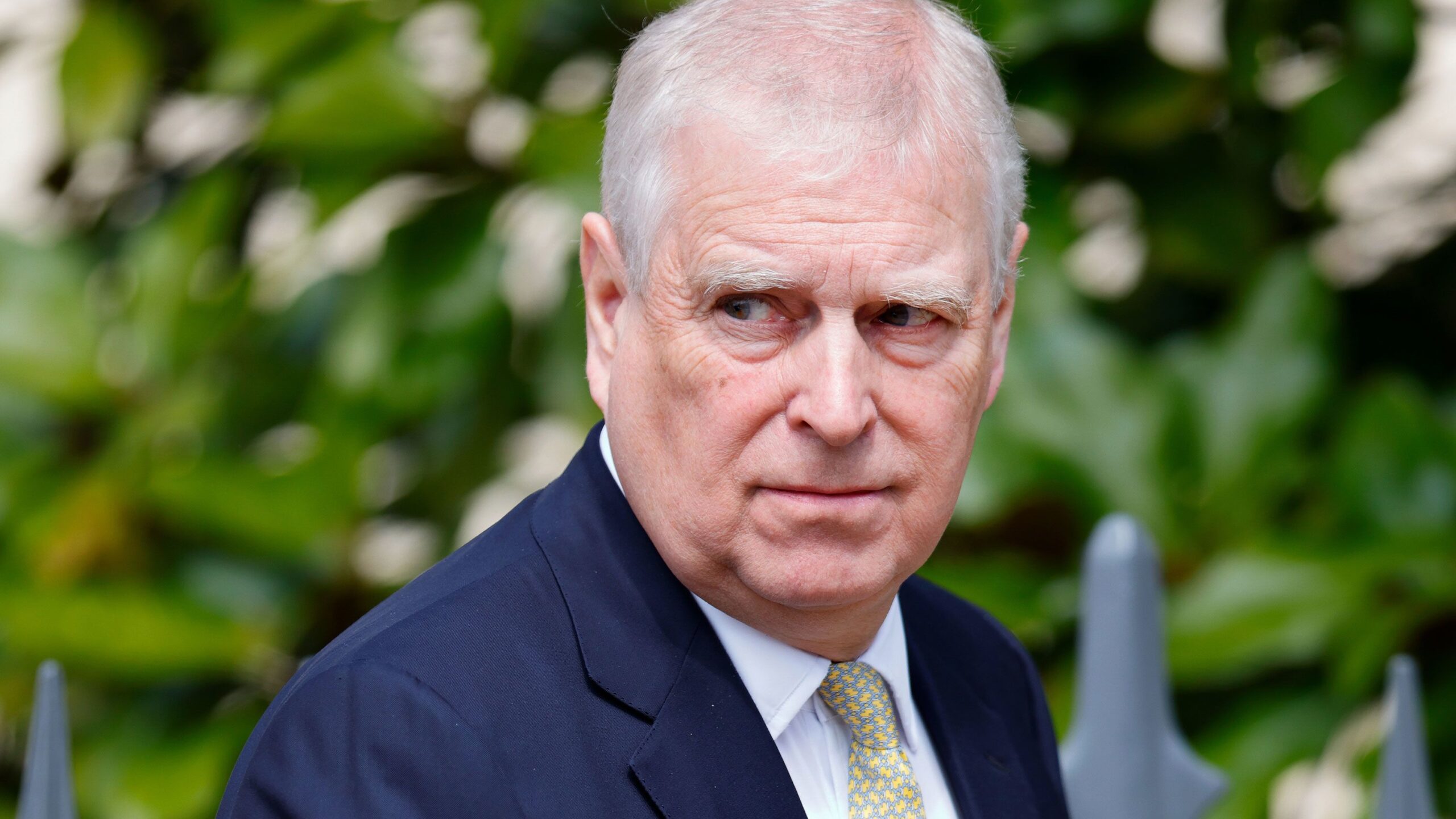In a recent webinar, David Walmsley, Editor in Chief of the *Globe and Mail* and President of WAN-IFRA’s World Editors Forum, highlighted essential strategies for addressing mental health issues among journalists. He hosted a session featuring global expert Professor Anthony Feinstein, whose comprehensive research has focused on the psychological challenges faced by journalists in high-risk environments.
Professor Feinstein, a psychiatrist at the University of Toronto and a clinician-scientist at Sunnybrook Health Sciences Centre, has spent over two decades studying the mental health impacts on journalists. His groundbreaking work began with war reporters in Iraq, revealing that proximity to trauma is a significant vulnerability factor for developing post-traumatic stress disorder (PTSD). This finding established that PTSD levels in war reporters can be comparable to those in military veterans.
Feinstein’s extensive research includes the experiences of journalists in Mexico, a country heavily influenced by cartel violence, and those covering election-related violence in Kenya. He has also examined the effects of user-generated content on journalists, highlighting that “exposure to trauma, whether direct or digital, leaves lasting marks.”
One of Feinstein’s notable contributions is the introduction of the concept of “moral injury,” which can result in feelings of guilt, anger, and cynicism among journalists. He, along with colleagues in London and Toronto, developed the Toronto Moral Injury Scale for Journalists, the first tool aimed at measuring this phenomenon.
“Left unaddressed, moral injury becomes a pathway to PTSD, depression, or substance abuse,” Feinstein stated. To mitigate these risks, he advocates for early intervention and regular psychological checkups. He emphasizes the importance of normalizing discussions about mental health, reminding journalists of the dangers they face, and providing education on available support.
Addressing New Challenges in Journalism
Feinstein’s recent studies have identified new challenges faced by journalists, particularly concerning anxiety linked to online harassment and threats to climate journalists. Over the past 15 years, more than 40 climate journalists have been killed, often targeted by powerful entities. “This is an under-recognized but growing area of concern,” he noted.
Despite these challenges, Feinstein conveyed an optimistic message about resilience within the journalism community. He pointed out that mental health conditions like PTSD and depression are treatable, and that prevention and early intervention are critical. Research during the pandemic indicated that newsrooms with professional mental health support experienced lower anxiety and depression levels among staff.
Feinstein insists that news organizations have a moral obligation to provide mental health resources. He outlined four actionable steps for newsrooms to implement:
1. **Education Sessions:** Organize sessions for journalists and editors to discuss the psychological risks associated with their work and the support available.
2. **Confidential Check-ins:** Establish a system for journalists to access confidential mental health check-ins before, during, and after covering challenging stories.
3. **Annual Mental Health Check-ups:** Encourage regular mental health evaluations, similar to physical health check-ups.
4. **Training for News Managers:** Equip newsroom leaders, considered the “first responders,” with the skills to recognize and respond empathetically to signs of distress.
Resources for Supporting Journalists
Several organizations have emerged to support journalists facing trauma. The Journalist Trauma Support Network, a program from the Global Center for Journalism and Trauma, trains therapists to effectively assist journalists and provides various resources. The ACOS (A Culture Of Safety) Alliance offers a Psychological Safety Resource to help journalists and editors prepare for trauma exposure and provides guidance on psychological health and safety.
Additionally, the International News Safety Institute focuses on managing online abuse both within and outside newsrooms, while the International Women’s Media Foundation has produced a guide to protecting journalists against online violence, available in English and Spanish.
The insights shared during the webinar underscore the urgency of addressing mental health in journalism. By adopting these measures and fostering a supportive environment, news organizations can better equip their staff to navigate the complexities of their profession, ultimately benefiting both journalists and the public they serve.






